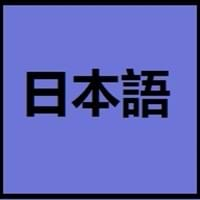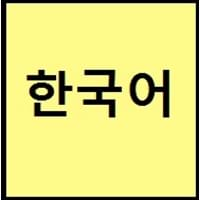Japanese vs Korean
- In Japanese Language, there are 4 different ways to address people: kun, chan, san and sama.
- There are many words in Japanese language which end with vowel letter, which determines the structure and rhythm of Japanese.
- Korean has borrowed words from English and Chinese.
- Korean has two counting systems. First, is based on Chinese characters and numbers are similar to Chinese numbers, and second counting system is from words unique to Korea.
Japanese and Korean Language History
Comparison of Japanese vs Korean language history gives us differences between origin of Japanese and Korean language. History of Japanese language states that this language originated in 1185 whereas history of Korean language states that this language originated in Before 1st century. Family of the language also forms a part of history of that language. More on language families of these languages can be found out on Japanese and Korean Language History.
Japanese and Korean Greetings
People around the world use different languages to interact with each other. Even if we cannot communicate fluently in any language, it will always be beneficial to know about some of the common greetings or phrases from that language. This is where Japanese and Korean greetings helps you to understand basic phrases in Japanese and Korean language. Japanese word for "Hello" is こんにちは (Kon'nichiwa) or Korean word for "Thank You" is 감사합니다 (gamsahabnida). Find more of such common Japanese Greetings and Korean Greetings. These greetings will help you to be more confident when conversing with natives that speak these languages.
Japanese vs Korean Difficulty
The Japanese vs Korean difficulty level basically depends on the number of Japanese Alphabets and Korean Alphabets. Also the number of vowels and consonants in the language plays an important role in deciding the difficulty level of that language. The important points to be considered when we compare Japanese and Korean are the origin, speaking countries, language family, different greetings, speaking population of these languages. Want to know in Japanese and Korean, which language is harder to learn? Time required to learn Japanese is 88 weeks while to learn Korean time required is 88 weeks.





